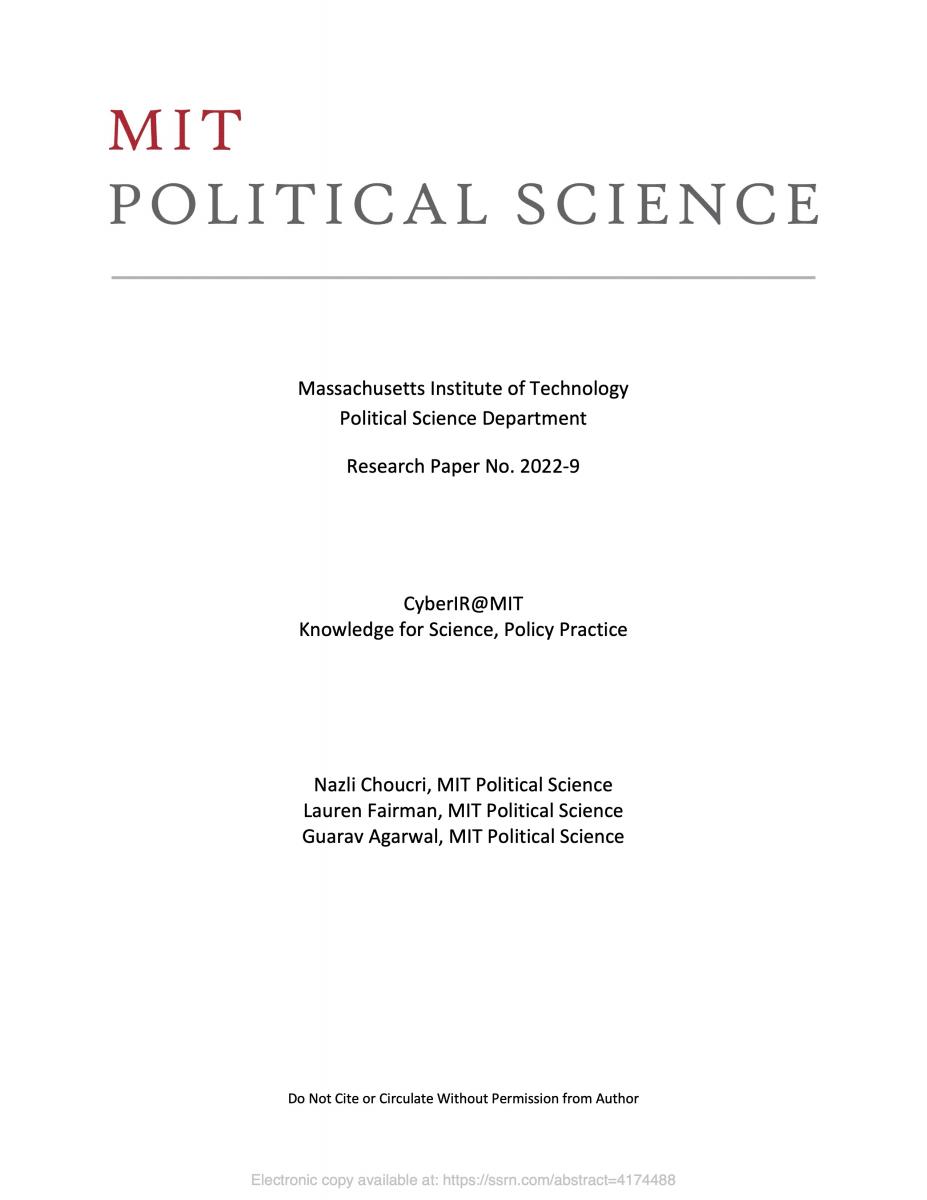URL:
Abstract:
This article addresses Russia’s cyberattacks against Ukraine. While the attacks have caused significant damages, such as erasing data on the Ukrainian system and degrading communication while stealing information, Russia has fallen far "short of the destruction" but rather helped inoculate Ukraine against destructive cyberattacks, creating a more collaborative cyber resilience culture between Ukraine and its allies. In fact, the executive director of the U.S. Cybersecurity and Infrastructure Security Agency (CISA), Brandon Wales, has said that the invasion “did prompt greater cyber cooperation between the U.S. and key allies, particularly in Eastern Europe.” Since the NotPetya attack, Ukraine and America have shared information, secured authentication measures, and developed detection and defense frameworks that worked against Russia’s cyberattacks. However, the article still reminds the readers that Russia has still sucsesslfy damaged the socio-economic platforms of Ukraine by leaking government documents or spreading disinformation on social media globally (e.g. #ZelenskyWarCriminal Twitter trending in the United States, France, Italy, and other countries). Private companies, such as Microsoft, Google, and Cloudflare, are not collaborating with government organizations to smoothly alert countries when they detect threats. This article ends with a positive note that further public-private collaboration should be seen.
Year:
2023



